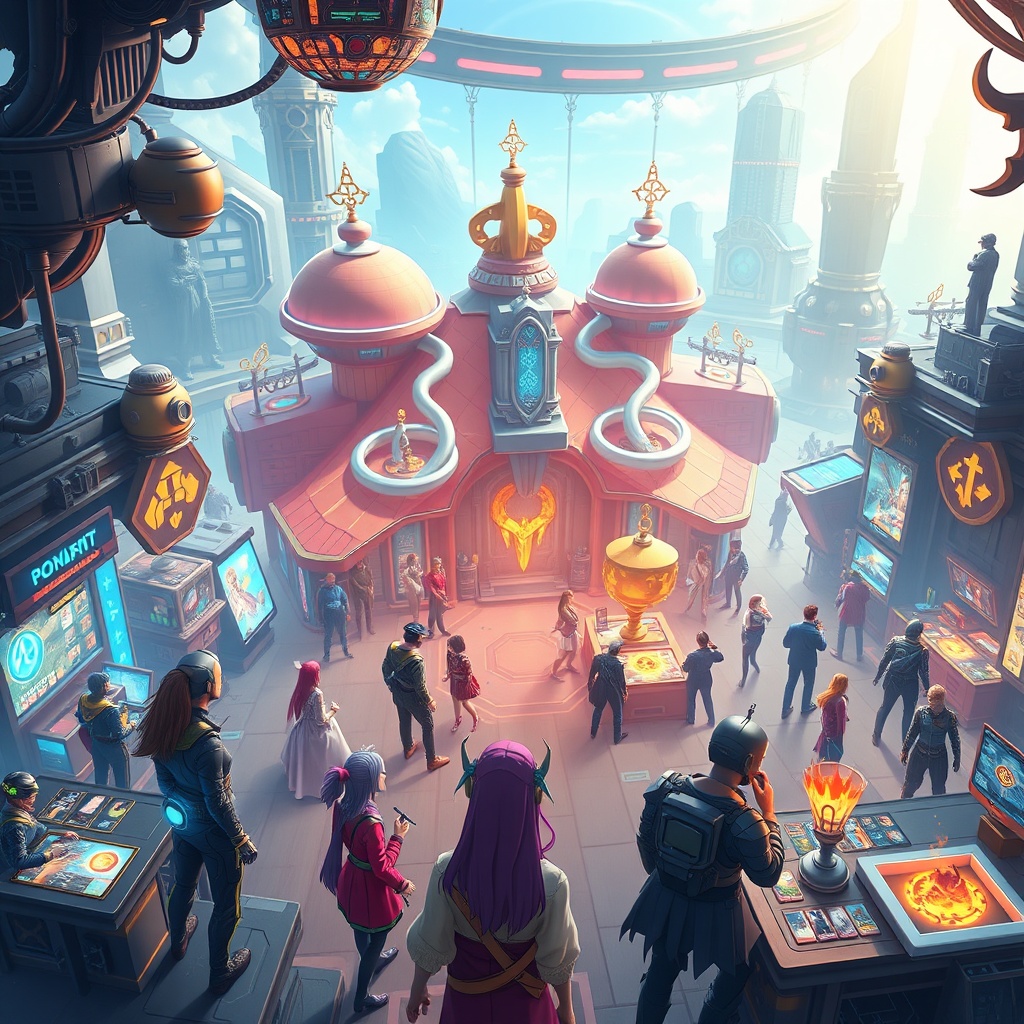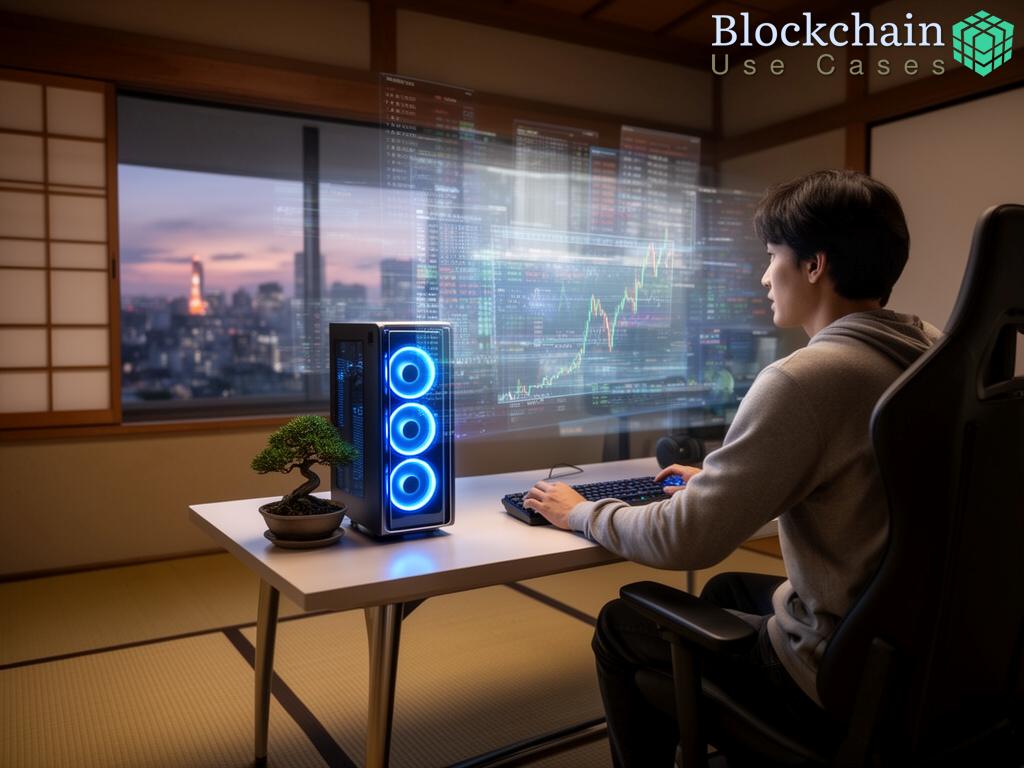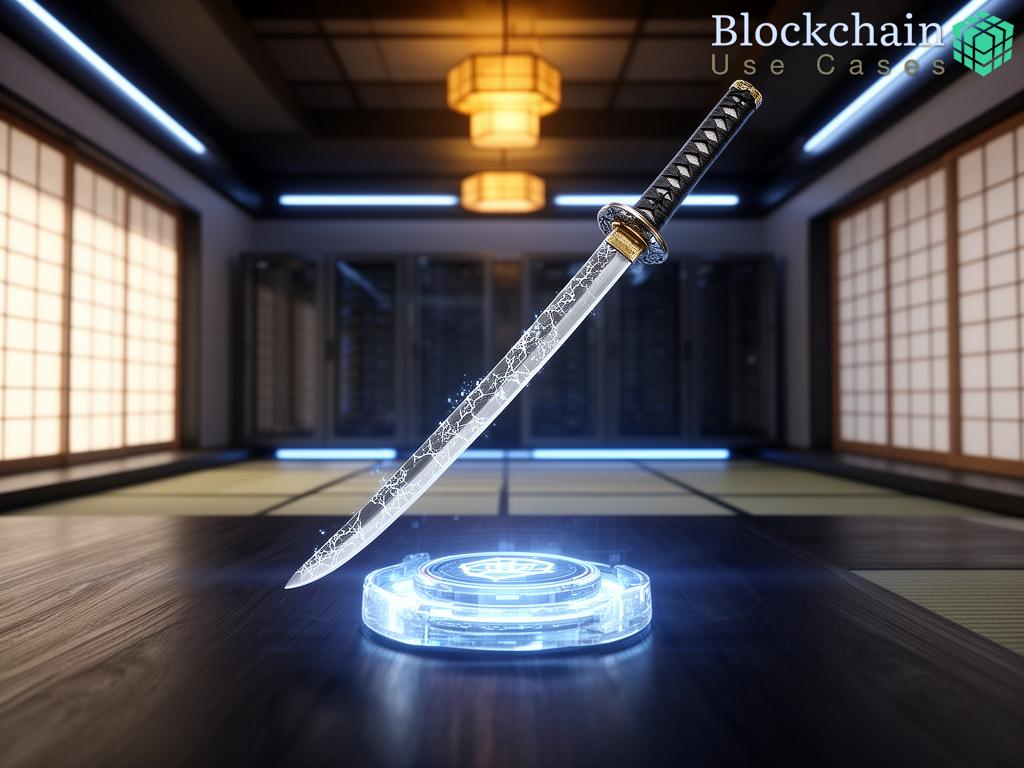The landscape of online gaming is rapidly evolving, and with it, the need for effective management of gaming guild economies is becoming increasingly critical. Decentralized systems, leveraging blockchain technology, offer innovative solutions that empower players and guild leaders alike. These systems not only enhance transparency but also provide a robust framework for managing the intricate economies that exist within gaming communities.
Empowering Players through Decentralization
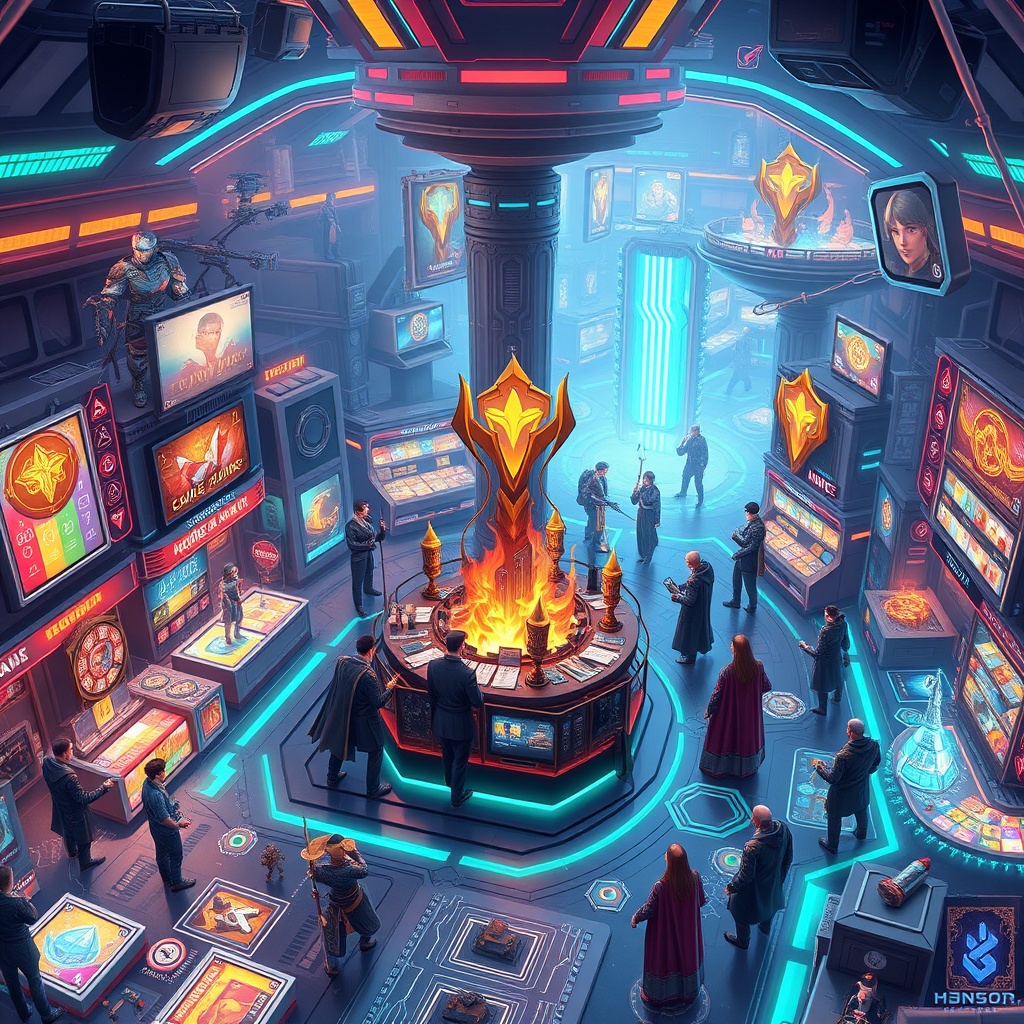
In traditional gaming environments, the control over in-game assets and economic systems often lies in the hands of a few centralized entities. Decentralized systems disrupt this norm by distributing power among all participants. This shift allows players to have a direct stake in the guild’s economy, fostering a sense of ownership and engagement.
- Transparency: All transactions and economic activities are recorded on the blockchain, making them easily accessible and verifiable.
- Security: Decentralized systems reduce the risk of hacking and fraud, as there is no single point of failure.
- Autonomy: Players can engage in peer-to-peer transactions without intermediaries, streamlining the process of buying, selling, and trading in-game assets.
Framework for Sustainable Economies
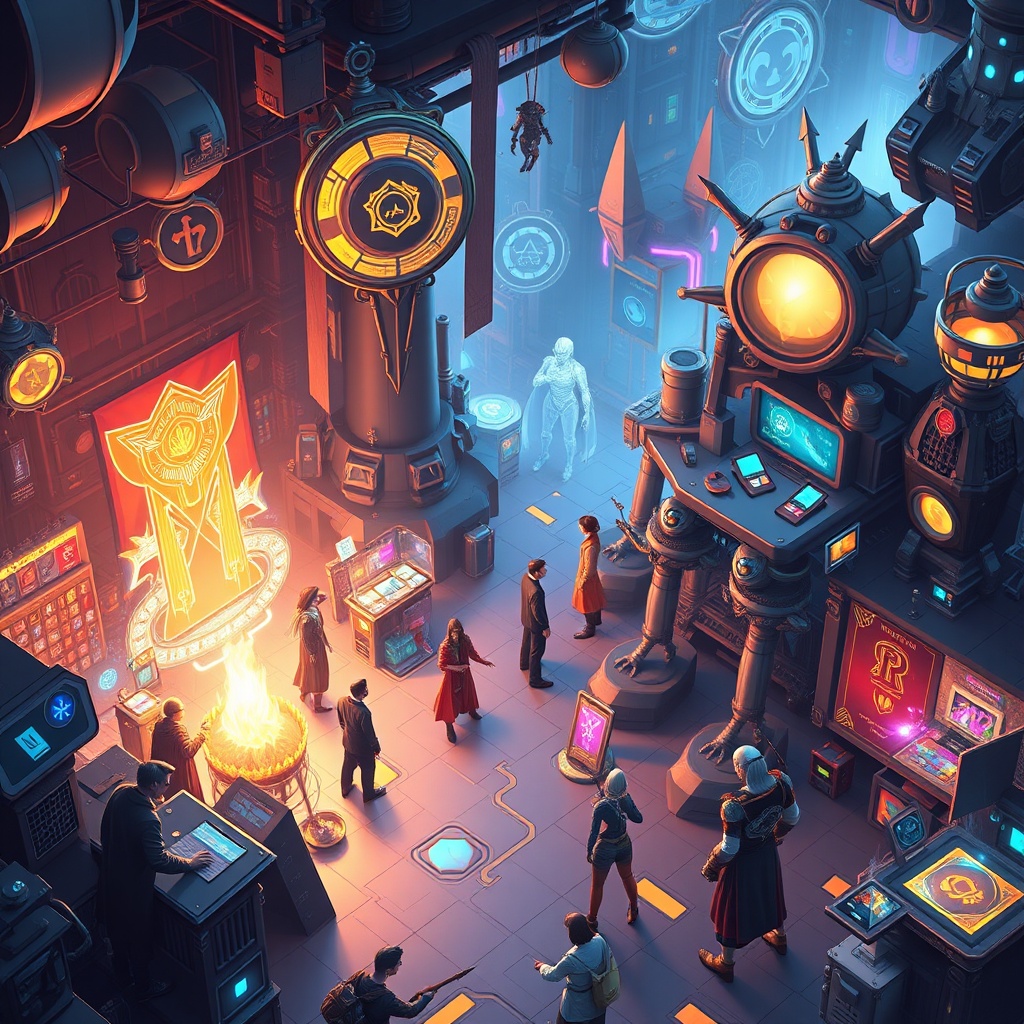
Creating a sustainable economic model within a gaming guild requires careful planning and execution. Decentralized systems provide the tools necessary for guilds to manage their resources efficiently. Through smart contracts and tokenomics, guilds can establish rules and incentives that promote active participation and fair distribution of rewards.
Smart contracts automate processes such as reward distribution and resource allocation, ensuring that all players are treated equitably. Tokenomics introduces a currency that reflects the guild’s economy, allowing for easy transactions and rewarding contributions. By implementing these frameworks, guilds can cultivate a thriving ecosystem that benefits all members.

